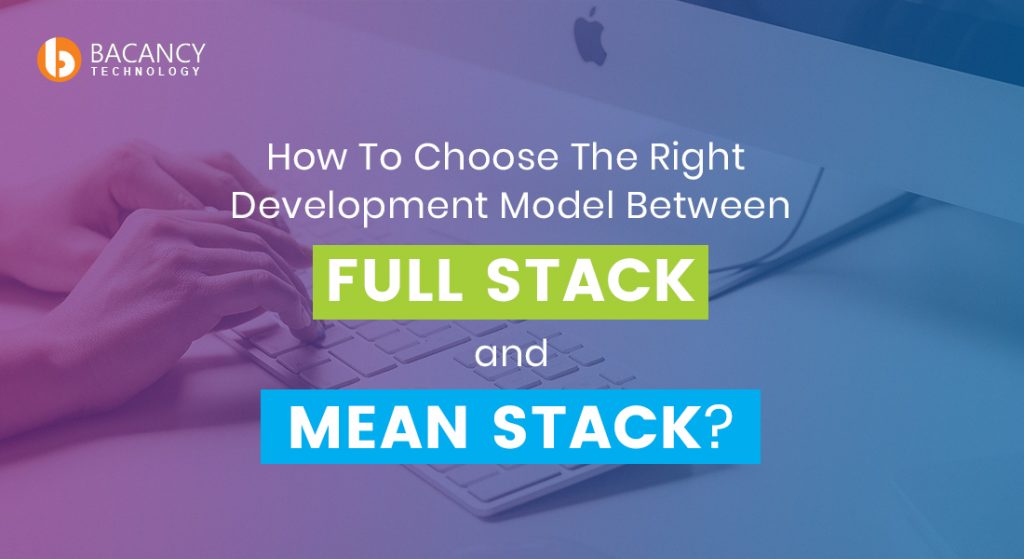Many of the experienced web programmers, for some years now have been assuming as a standard the use in combination of the Apache web server and the PHP language for the server-side programming layer and the MySQL database manager for the storage layer. Although, it is by no means mandatory to use technologies that revolve around PHP because there are alternative languages that are also quite popular and equally effective, even superior according to the view from which they are valued, among the existing options are Python, Perl, Ruby, Java and ASP.NET (framework using C# and Visual Basic .NET), among others. For example, in the case of using ASP.NET, the Apache server would be replaced by IIS and the database manager by SQL Server.
The development of the modern FULL Stack has come a long way, as web technology has changed a lot. In general terms, a “stack” represents the technologies working in unison to operate a website. This means frontend code, backend code, a database system and a web server platform + operating system for the server.
With the introduction to Node, Angular and Express environments for programming at the web server level there is a radical change in the approach with which the information that intervenes in the system is processed, in such a way that a set of interrelated, based technologies has emerged all in JavaScript, which is called Stack MEAN, with the purpose of facing the different layers involved. The term MEAN is an acronym formed by the initial letters of the names of the technologies that make it up, although in an order that is not very adequate in practical terms.
MEAN is Full-Stack development in JavaScript, that is, it is the set of technologies necessary for the development of all the layers of a web application with JavaScript. It is composed of four of the most important technologies in the industry: MongoDB, Express, Angular and Node.js.
With JavaScript you can develop applications at all levels. For the frontend you can choose frameworks like React, Vue, Angular; for development backend is Node.js, and for the server we have Express. Basically, JavaScript is the king of languages for web development, with which you can develop the app you want.
If you already have JavaScript you can start developing with MEAN or Hire remote developer. It is one of the most used stacks in the industry today, and that will allow you to create applications in a professional manner, by integrating the best of each tool.
What is MEAN?
One of the main advantages of MEAN is that it uses the same programming language in all parts of the application which allows a person to manage in all areas of a modern web application even if they specialize in one of them. In this way, we collaborate more in the projects and the development is more continuous.
The technologies that make up the MEAN stack are as following:
- MongoDB: As a non-relational database, to store JSON files.
- Express: As a backend framework, it is a Node.js module that facilitates tasks such as creating a REST API.
- Angular: As frontend framework, to create the visual part of the client of the application, in the form of Single Page Application (SPA).
- Node.js: As a backend environment with an asynchronous model, in which modules run as Express.
Node.js and Express.js are the technologies that make the work environments. Node.js in order to facilitate the creation of online applications is both intended for server-side programming and the Non-Relational Database Management System MongoDB. It uses JSON files where it stores information structures for the storage layer and the web design framework based on the so-called AngularJS Model-View-Controller. It also allows to streamline and optimize the development of interfaces through the HTML and CSS languages.
Bacancy Technology is a full stack & MEAN Stack development agency, so we can help you with the development of your application with both approaches. Give your app a fresh approach and hire full stack developer / remote MEAN stack developer as per your preference and convenience.

